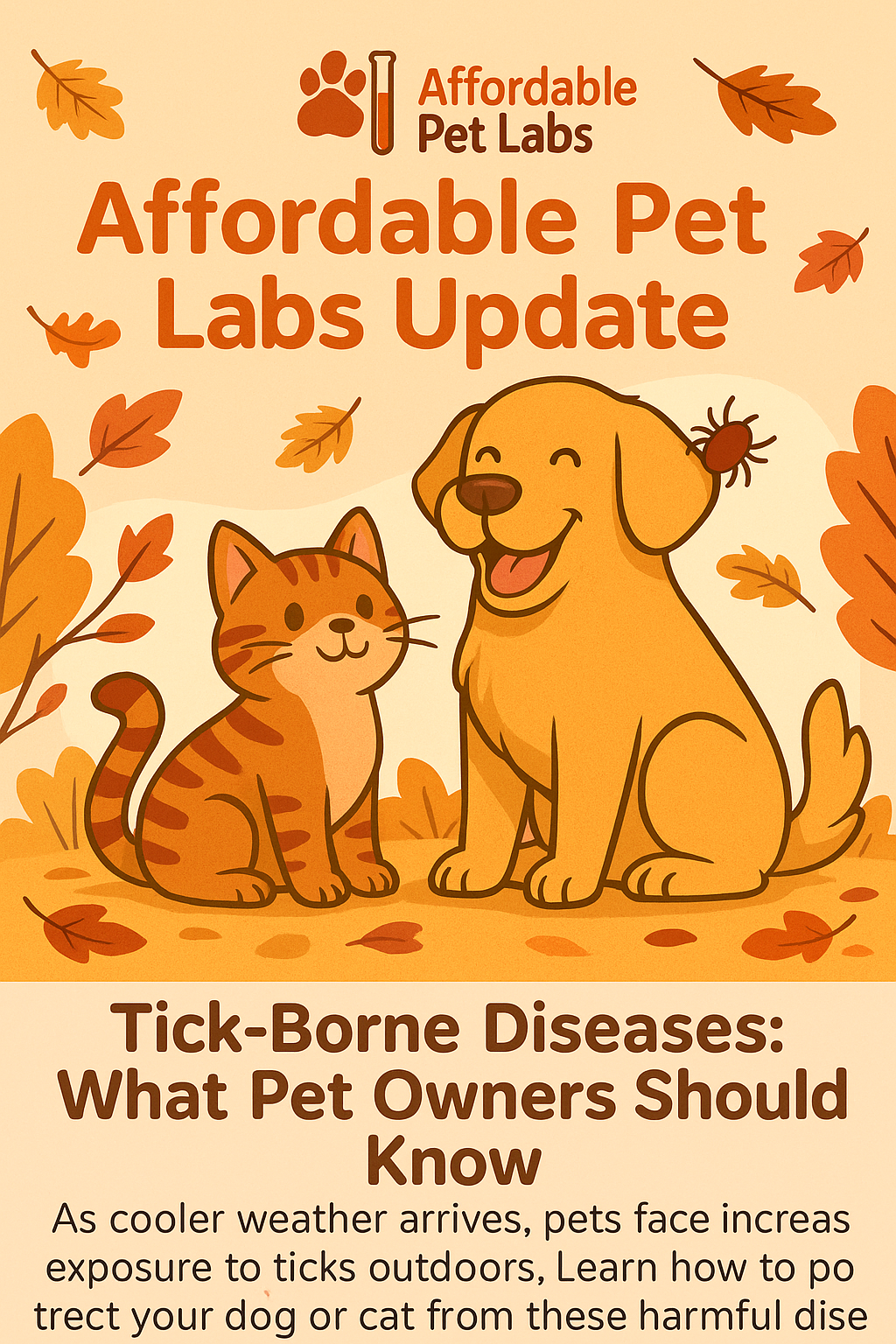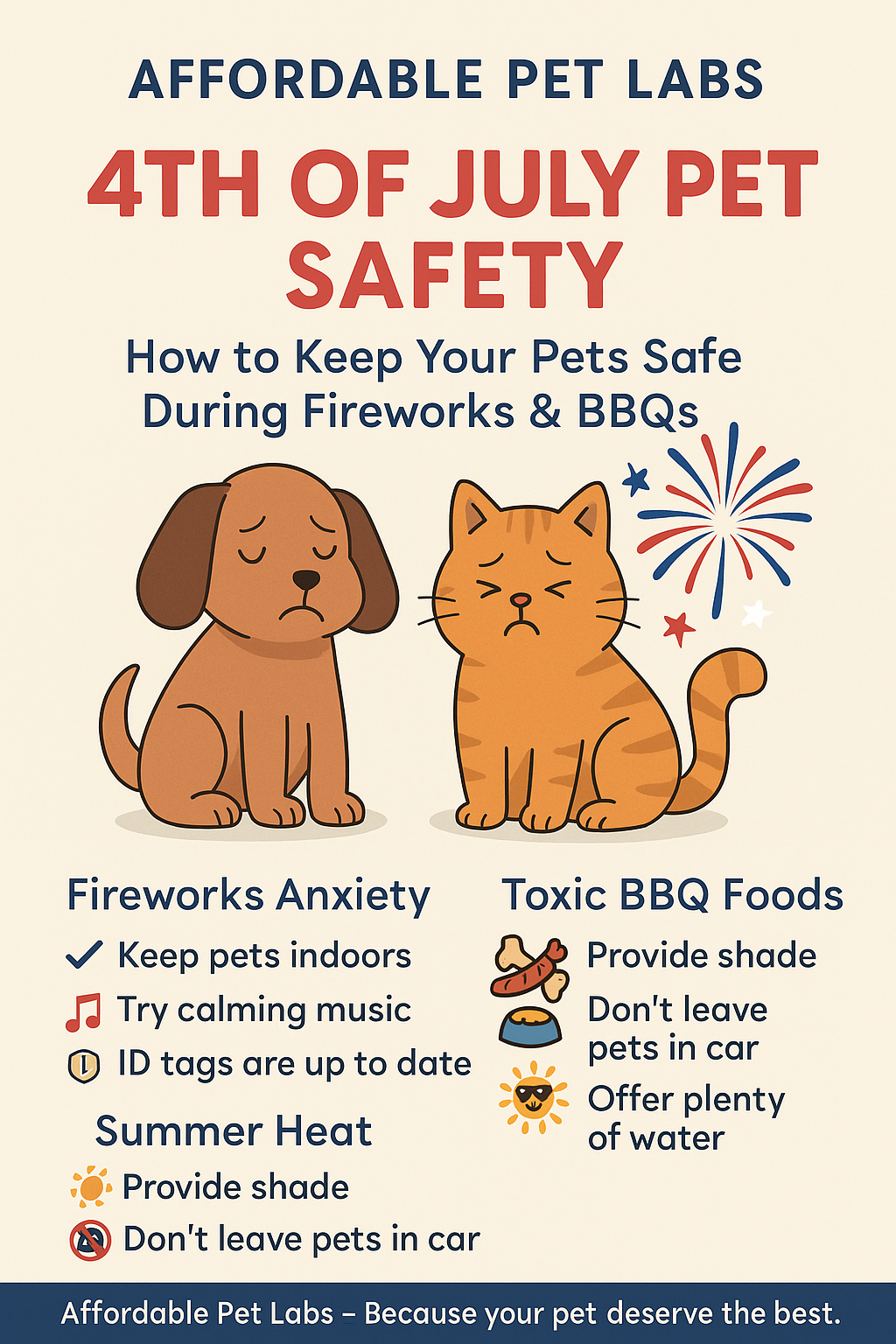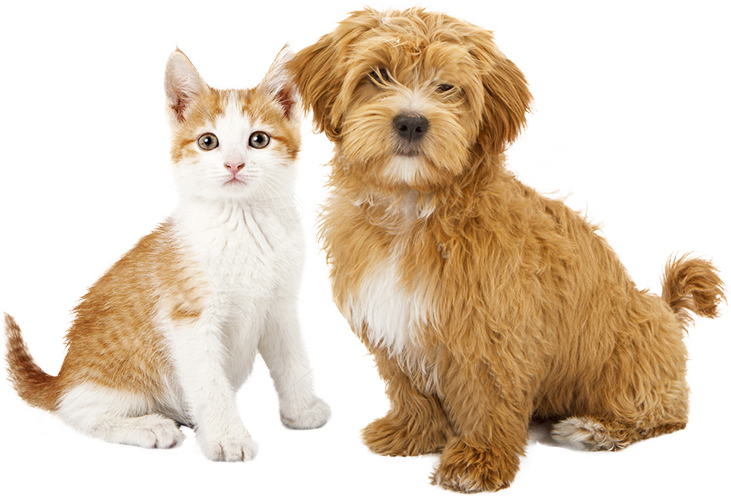Welcome, pet owners! This month, we're diving deep into the essentials of maintaining a healthy lifestyle for your dogs and cats through tailored nutrition and engaging exercise. With over 2500 words of detailed guidance, this blog aims to equip you with all the knowledge needed to enhance your pet's well-being.
Understanding Pet Nutrition
Nutritional Foundations for Dogs and Cats: Both dogs and cats need balanced diets, but their nutritional requirements differ significantly due to their distinct biological needs.
-
Dogs: They are omnivores requiring a diet that includes proteins, fats, carbohydrates, vitamins, and minerals. The protein should come primarily from meat sources such as chicken, beef, or lamb. Carbohydrates can be beneficial, provided they are sourced from whole grains like brown rice or vegetables, which also supply fiber.
-
Cats: As obligate carnivores, cats require a higher protein intake and their diet should consist mostly of meat. Unlike dogs, cats have specific requirements for amino acids like taurine, which is found only in animal tissue. Their diet should be low in carbohydrates as their bodies are not designed to digest them efficiently.
Special Considerations:
-
Life Stages: Puppies and kittens require diets rich in calories and nutrients to support rapid growth. Senior pets may need reduced-calorie diets to prevent obesity but still require high-quality protein to maintain muscle mass.
-
Health Conditions: Pets with specific conditions like diabetes, kidney disease, or allergies may require special diets. Always consult a veterinarian to choose the best food tailored to these health needs.
Hydration: Water is a crucial component of a pet's diet. Always ensure fresh water is available to aid digestion and support metabolic processes.
In-depth Dietary Guidelines
Protein Sources:
-
Dogs: Opt for high-quality commercial foods with real meat as the first ingredient. For homemade diets, include cooked lean meats, eggs, and even some dairy.
-
Cats: Focus on meats like poultry, beef, and fish. Ensure any homemade recipes are vet-approved to avoid nutrient imbalances.
Fats and Fatty Acids:
- Essential for energy and cell function, sources include chicken fat, salmon oil, and flaxseed. Omega-3 and omega-6 fatty acids are important for skin and coat health.
Carbohydrates and Fiber:
- Beneficial for dogs in moderation; include sources like sweet potatoes and oats. Cats require little to no carbohydrates, but fiber can be beneficial for digestion.
Vitamins and Minerals:
- Both dogs and cats require a range of vitamins and minerals. Commercial pet foods are usually formulated to meet these needs, but supplements may be necessary for homemade diets.
Exercise Essentials for Pets
Why Exercise? Exercise is vital for preventing obesity, keeping the cardiovascular system healthy, and providing mental stimulation.
Exercise for Dogs:
-
Daily Walks: Tailor the walk’s length and intensity to your dog's age and fitness.
-
Interactive Play: Activities like fetch, tug-of-war, and agility training not only exercise the body but also the mind.
-
Training Sessions: Incorporate training into playtime to engage their minds.
Exercise for Cats:
-
Interactive Toys: Use toys that mimic prey, like feather wands or motorized mice, to encourage natural hunting behaviors.
-
Climbing Structures: Cat trees and wall shelves encourage climbing and jumping.
-
Puzzle Feeders: These make cats work for their food, adding mental stimulation to their routine.
Creating a Routine
Consistency is Key: Establish a daily routine of feeding and exercise that fits your lifestyle and your pet’s needs. Consistency helps pets feel secure and manages their weight and health more effectively.
Monitoring Health and Fitness: Keep track of your pet’s weight, body condition, and activity levels. Adjust diets and exercise as needed, and consult with a vet regularly to ensure your pet remains at an optimal health level.
Engagement and Bonding: Spend time playing with your pets. This not only keeps them active but also strengthens your bond and enhances their emotional well-being.
Conclusion
Proper nutrition and regular exercise are the cornerstones of a healthy life for both dogs and cats. By understanding and implementing these principles, you ensure your pets live happy, active, and long lives. Embrace the journey of pet parenthood with enthusiasm as you watch your furry friends thrive under your care.
Stay tuned for more in-depth topics from Dr. Joe Menicucci as we explore all aspects of pet health and wellness together!







